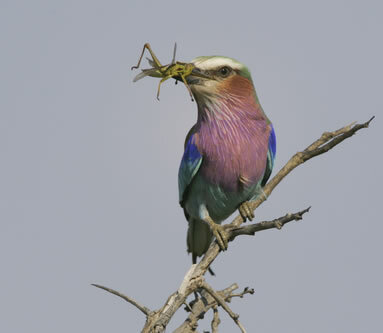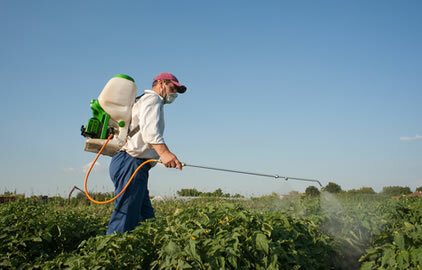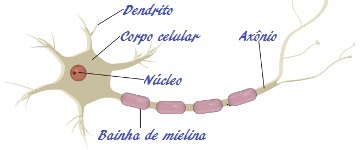You insects are invertebrate animals responsible for both harm and benefit to the human species. First we will mention which the benefits that these animals provide to nature and human beings.
→ Silk production: O silkworm is a moth larva that has modified salivary glands that produce the silken cocoon in which they lay their eggs. This silk is used in the manufacture of fabrics.
→ Honey production: bees are the insects responsible for producing this delicious and nutritious food. In addition to honey, these insects also produce the propolis, considered a powerful antibiotic.

Bees are responsible for the production of honey
→ Decomposition of organic matter: some insect larvae feed on decaying organic matter, that is, animal and plant corpses. This contributes a lot to the environment, as it makes the recycling of nutrients necessary for the metabolism of every living being, be it animal or plant.
→ Plant pollination: most of the plants existing on the earth's surface depend on insects, such as bees, wasps, beetles, among many others, to be pollinated.
→ Fundamental elements of the food chain: many birds, mammals, fish, amphibians and reptiles feed on insects. Therefore, we can conclude that if it weren't for insects, many animals would be extinct for lack of food.

bird tasting an insect
After seeing some benefits provided by insects, it's time to see the harm caused by these invertebrate animals.
• Pests in agriculture:many farmers have already lost their crops because of insect infestation. They are attracted to easy food, and as they have it in abundance, they are able to reproduce faster, becoming real pests on crops. For this reason many farmers use insecticides to get rid of insects. This is very bad, as these products cause pollution of the environment, soil and water, putting the lives of other animals and even the human being at risk. As a result, some farmers are opting for biological control, that is, they use animals that prey on these pests, such as the ladybug, which kills the aphids that parasitize the plants.

Farmer fighting inconvenient animals with insecticide
• Pests in livestock: the Berne Fly is an insect that lays its eggs in the superficial layer of the skin of mammals and birds, causing wounds that make them weak and can even cause death.
• Disease transmitters: many diseases such as dengue, malaria, yellow fever, elephantiasis are transmitted by mosquitoes. In addition to mosquitoes, we can also mention the lice, fleas and barbers that also transmit diseases to humans and domestic animals. At flies transmit viruses and bacteria that cause dysentery.
• Loss of food: at fruit flies they lay their eggs in various types of fruit, so that their larvae feed on the pulp of that fruit. With this, they end up making them useless and preventing their consumption by other animals and by humans.

Female mosquitoes are responsible for the transmission of various diseases
by Paula Louredo
Graduated in Biology



